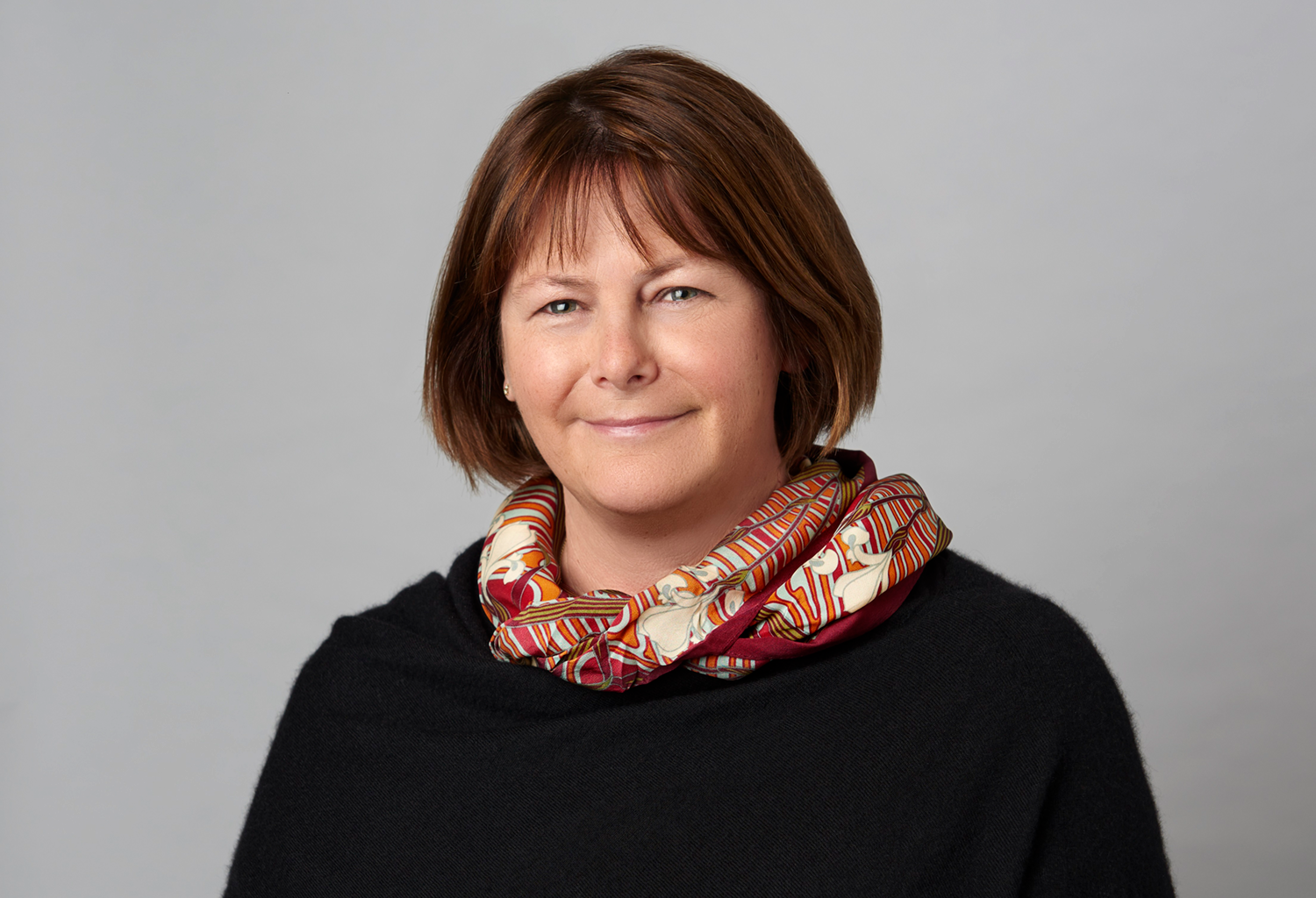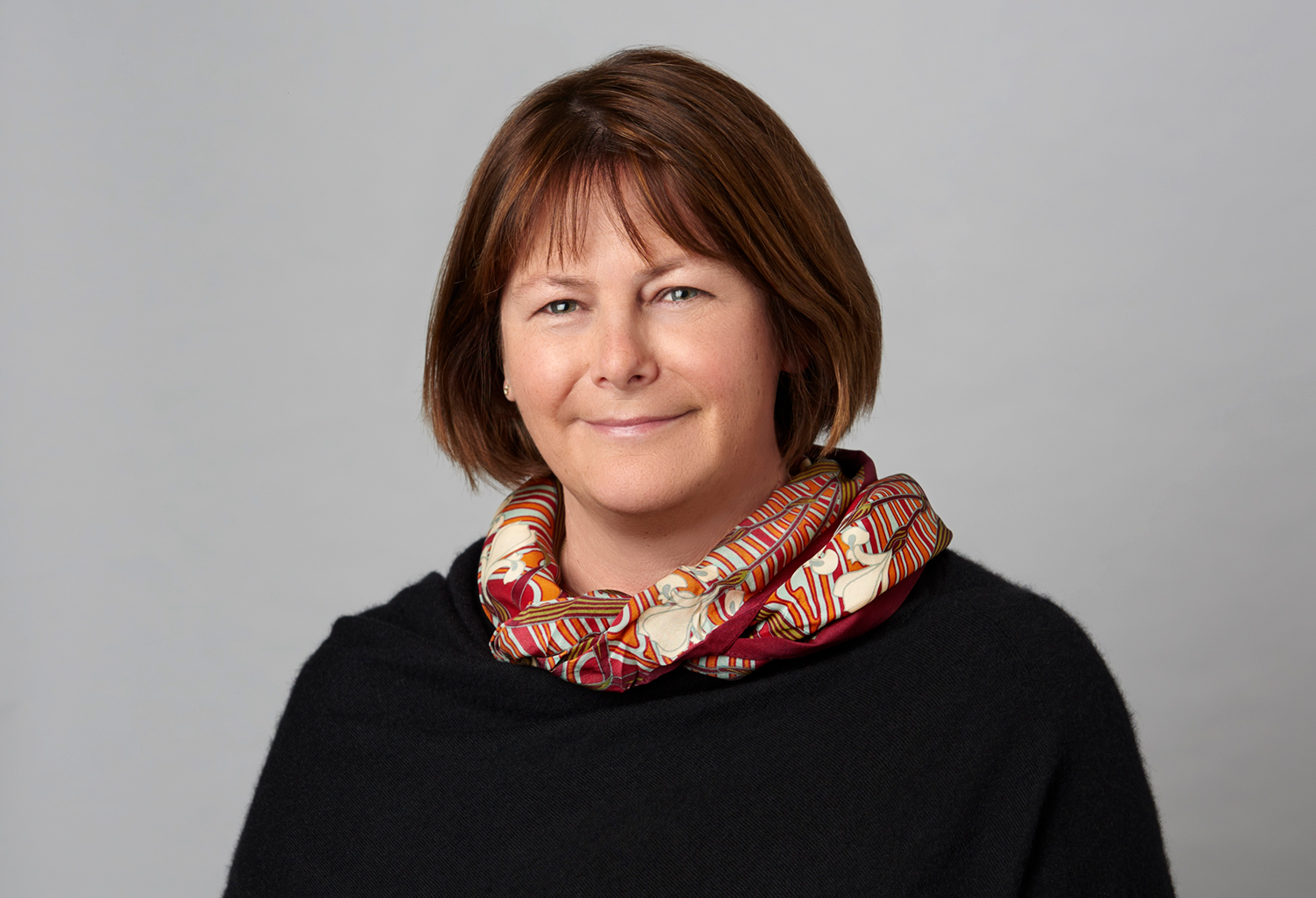Crude calculations don’t add up to a great education

4 min read
It’s not unusual for academic research to conclude with the finding that, well, more research is needed.
The fact that the conclusion is inconclusive doesn’t mean the research wasn’t worth doing. After all, research that concludes with new unanswered questions has served a genuine purpose.
I pondered the purpose of academic research recently when I was asked by a journalist to comment on a research paper by an academic who had looked at whether there was a link between the employment status, occupation and income of young people aged 24, and the school they attended.
The researcher found that there was no statistically significant link between the two. Furthermore, she found that attending a non-government school didn’t make it more likely someone aged 24 would have a full-time job, be a manager or a professional, or be on a higher income.
The researcher concluded with the suggestion that, unless parents and governments want non-monetary returns for their investment in non-government schooling, they might be over-investing.
The research and the journalist’s question, seeking my comment, prompted questions of my own.
My first was: since the academic had done similar research using different data but coming to the same conclusion in the recent past, why was this now news? I was advised that posing the question was futile, since modern media calculations distort the measurement of time so that what is new, and therefore news, is entirely arbitrary.
My second question was: what proportion of young people have entered the full-time workforce, have become managers and professionals and are on higher incomes, by the time they’ve reached 24? At that age, many young people have only just left university. And those who followed a vocational education path, through an apprenticeship perhaps, would only be at the early stages of starting a career. In any case, career success, however measured, might not be apparent for decades.
My third question related to the researcher’s conclusion – that unless parents and governments are seeking non-monetary returns to their investment in non-government schooling, they might be over-investing.
The fact that the conclusion is inconclusive doesn’t mean the research wasn’t worth doing. After all, research that concludes with new unanswered questions has served a genuine purpose.
I pondered the purpose of academic research recently when I was asked by a journalist to comment on a research paper by an academic who had looked at whether there was a link between the employment status, occupation and income of young people aged 24, and the school they attended.
The researcher found that there was no statistically significant link between the two. Furthermore, she found that attending a non-government school didn’t make it more likely someone aged 24 would have a full-time job, be a manager or a professional, or be on a higher income.
The researcher concluded with the suggestion that, unless parents and governments want non-monetary returns for their investment in non-government schooling, they might be over-investing.
The research and the journalist’s question, seeking my comment, prompted questions of my own.
My first was: since the academic had done similar research using different data but coming to the same conclusion in the recent past, why was this now news? I was advised that posing the question was futile, since modern media calculations distort the measurement of time so that what is new, and therefore news, is entirely arbitrary.
My second question was: what proportion of young people have entered the full-time workforce, have become managers and professionals and are on higher incomes, by the time they’ve reached 24? At that age, many young people have only just left university. And those who followed a vocational education path, through an apprenticeship perhaps, would only be at the early stages of starting a career. In any case, career success, however measured, might not be apparent for decades.
My third question related to the researcher’s conclusion – that unless parents and governments are seeking non-monetary returns to their investment in non-government schooling, they might be over-investing.
Michelle Green was Chief Executive of Independent Schools Victoria from 2002–2023.



